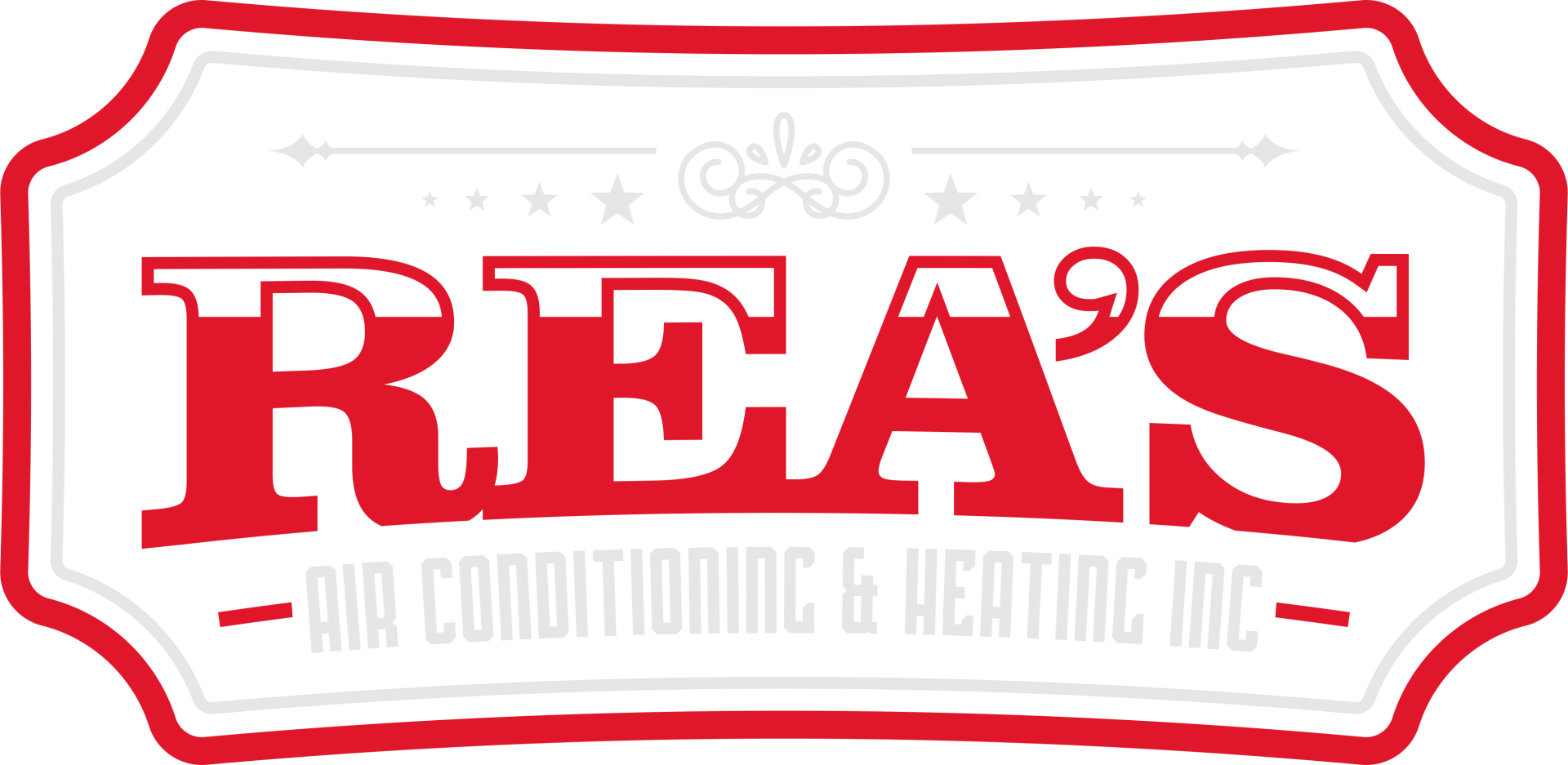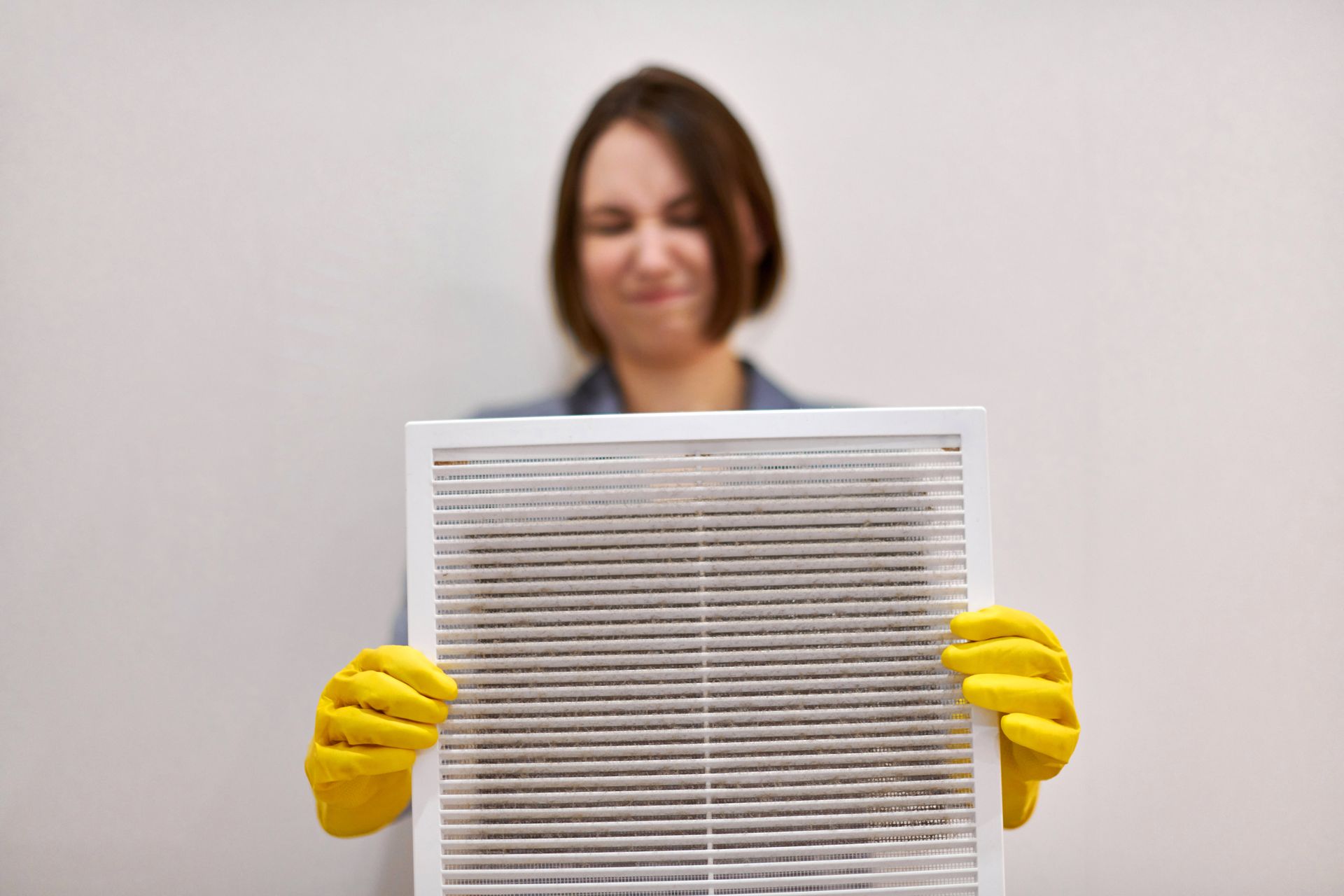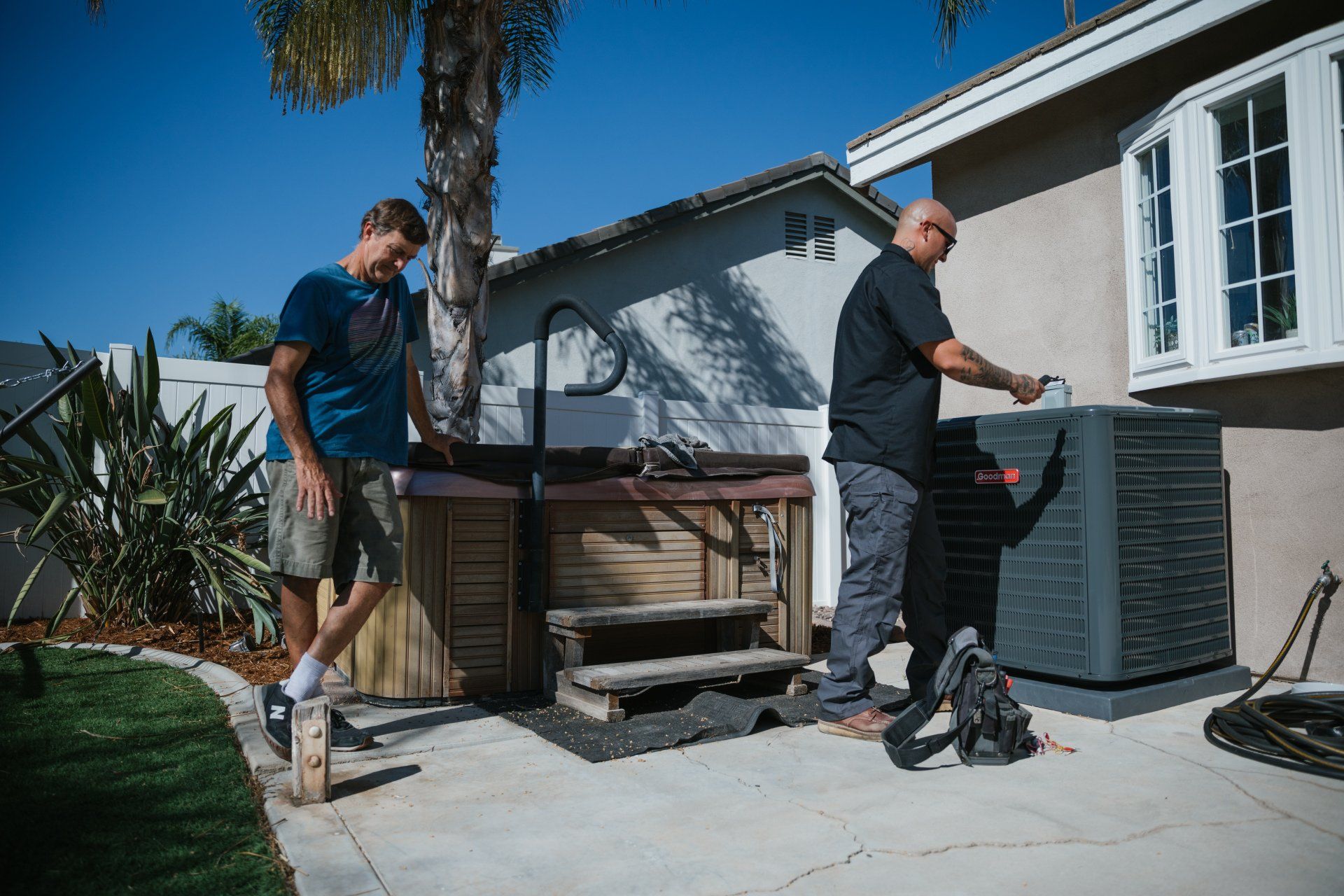How Often Should You Service Your HVAC System? A Seasonal Maintenance Timeline
Why HVAC Maintenance Matters in San Diego
San Diego’s mild, coastal climate may not bring extreme winters, but regular HVAC service is still essential. Salt air, seasonal humidity, and year-round use of air conditioning can wear down equipment. Seasonal maintenance keeps your system energy-efficient, improves indoor air quality, and prevents costly breakdowns.
Seasonal HVAC Maintenance Timeline for San Diego
Spring: Prep for Warm Weather
- Professional AC tune-up: Rea’s HVAC technicians clean coils, check refrigerant, and inspect electrical parts before the hotter months.
- Replace or clean filters: Essential for clear airflow and reduced allergens.
- Clear outdoor unit: Remove leaves and debris to maintain proper ventilation.
Summer: Beat the Coastal Heat
- Inspect filters monthly: Replace or clean if dirty to keep cool air flowing.
- Check thermostat settings: Ensure efficient cooling without overworking the system.
- Monitor humidity: Salt air and ocean moisture can strain components.
Fall: Transition to Cooler Evenings
- Heating tune-up: Even with mild winters, furnaces or heat pumps need inspection for safe, efficient operation.
- Test the thermostat: Ensure accurate temperature readings and smooth switchovers from cooling to heating.
- Replace filters again: Keeps indoor air fresh as windows close more often.
Winter: Stay Ready Year-Round
- Listen for unusual sounds: Catch minor issues before they become major repairs.
- Maintain clear vents: Good airflow prevents your system from overworking.
- Check carbon monoxide detectors: Crucial if you have a gas furnace.
When to Call Rea’s HVAC Outside the Schedule
Even with routine service, reach out if you notice:
- Higher energy bills without increased use
- Weak airflow or uneven temperatures
- Musty or burning odors
- Frequent on/off cycling
These signs can signal clogged filters, leaks, or mechanical wear—issues that need prompt attention.
Why Choose A Local HVAC Specialist
Local climate knowledge matters.
Rea’s HVAC understands the unique challenges of San Diego homes, from coastal corrosion to year-round AC needs. Our certified technicians provide comprehensive tune-ups, emergency repairs, and custom maintenance plans to keep your system running smoothly.
Stay Ahead with a Preventive Maintenance Plan
A scheduled maintenance plan ensures you never miss a seasonal checkup. Regular service extends equipment life, reduces emergency repairs, and keeps your home comfortable in every season.
Get A Quote today and expand the life of your HVAC system.






